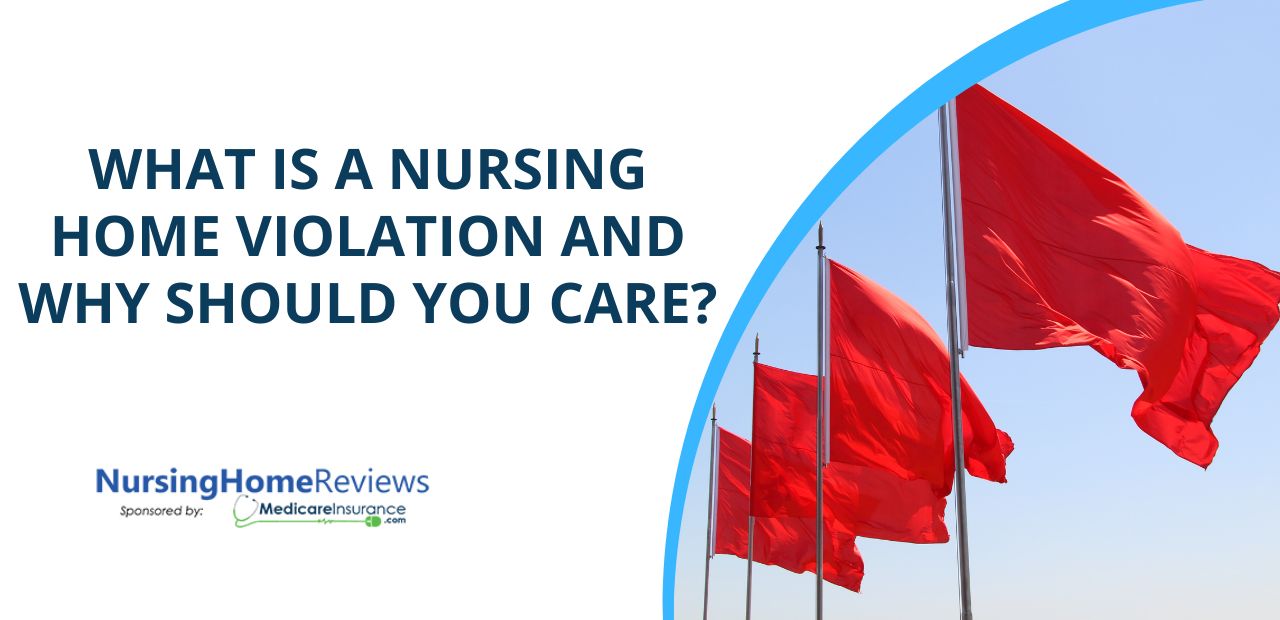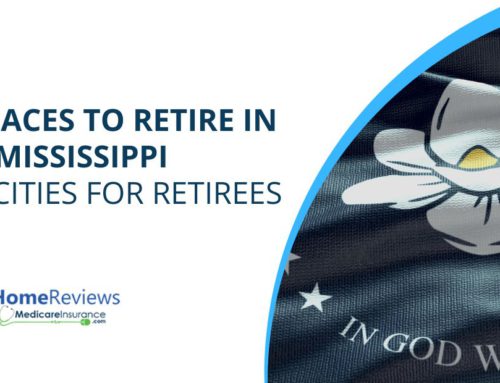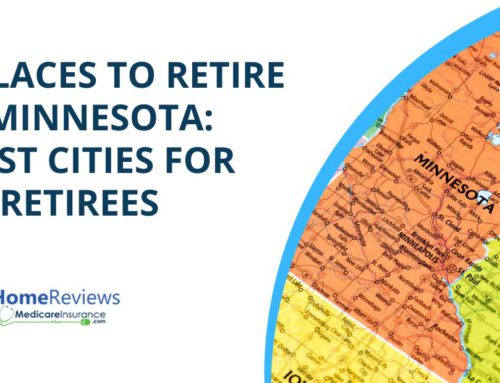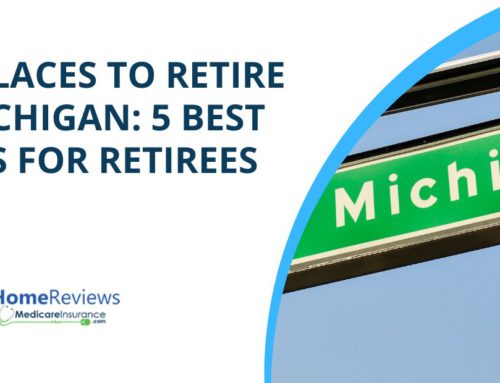
Nursing Home Nightmares
If you’ve been reading our content for a while, you’ve seen us mention nursing home violations at the bottom of every article, but may not be entirely sure what they are. Certainly, the name evokes images of older people suffering from elder abuse, nursing home abuse, and other nightmarish living conditions which plague adult care facility and are most definitely a violation of federal law. Unfortunately, this isn’t far from the truth in many circumstances. However, many violations can be much more subtle and insidious in nature.
Like all medical facilities, nursing homes are heavily regulated. There are certain things nursing homes are not allowed to do, period. When a nursing home ignores or breaks one of these regulations, that’s a violation.
Violations can arise from all sorts of situations, malicious or otherwise. Sometimes, they’re the result of bad actors employed at the nursing home who knowingly commit nursing home abuse or nursing home neglect. All too often, however, these violations are the result of systemic issues with how the nursing home is run. They may be understaffed, or the staff they have is undertrained.
Regardless of why a violation has occurred, it’s an unacceptable breach of trust on the part of the nursing home, and you deserve to be made aware of it. In fact, you deserve a high quality of care regardless.
What are examples of nursing home violations?
There are a variety of potential violations a nursing home can commit. The following is by no means an exhaustive list, but does cover some of the more serious violations a facility can commit.
Health Violations

Nursing homes are required to provide a safe and sanitary environment for their residents. This means making sure spaces are regularly cleaned and free of pests, and residents are provided with clean bedding and laundry services. As nursing homes also provide food for their residents, culinary safety regulations must be followed as well.
A dirty nursing home is a red flag, but it’s equally, if not more, important to know if a facility has failed to complete a health inspection. In addition to identifying the above problems, they also make sure that medical standards are being followed. This means drugs are clearly labeled and properly stored, equipment is sterilized, and medical records are in order. Anything that falls below the standard may also fall into the category of nursing home abuse or nursing home neglect.
Nursing Home Neglect

It is the responsibility of nursing home staff to care for residents. This means providing food, hygienic assistance, medical services, and social interaction to the older people in their care. Unfortunately, some nursing homes fail to meet these basic standards, and may even leave residents unattended for hours or days at a time. This is known as nursing home neglect.
Common signs of nursing home neglect include:
- A decline in personal hygiene
- Symptoms of malnutrition
- Loss of mobility
- Unexplained injuries
- Depression and anxiety
- Exacerbation of previously managed conditions like diabetes
For residents confined to a bed or wheelchair, pressure sores (also known as a bedsore) may also be a sign of nursing home neglect, indicating that staff is not repositioning residents as recommended.
This form of nursing home abuse may be deliberate, or it may be the result of inadequate training or staffing.
Abandonment

Abandonment is one of the most serious violations a nursing home can commit. It is against the law for nursing homes to discharge residents without their consent; unless they need to be transferred to a different facility for health reasons, they pose a risk to other patients, or they’ve become delinquent on their payments. In that last instance, it is illegal to discharge residents waiting on federal funding for their nursing home stay. In all instances, the resident’s family must be informed of the impending discharge or transfer. If a nursing home fails to do so following established procedure, this is a form of nursing home abuse.
Unfortunately, some nursing homes will unceremoniously discharge residents in favor of more profitable opportunities. This was common in 2020, when residents were discharged to make room for more profitable COVID-19 patients.
Abandonment violations are almost always the fault of management, especially when a resident’s discharge or disappearance is not reported.
Nursing Home Abuse

Nursing home abuse violations cover a variety of situations, but all of them involve taking advantage of the residents’ vulnerable state in some manner. There are six types of nursing home abuse that you may see while researching nursing home violations.
- Physical nursing home abuse is the type most are familiar with. This form of abuse is typically characterized in the form of physical injuries inflicted on another person. Punching, kicking, slapping, and hitting constitute physical abuse but aren’t the only kind. Other types of physical abuse include restraining residents against their will, or sedating them without consent. All forms of abuse can lead to serious injury in an older adult.
- Sexual nursing home abuse is most commonly associated with sexual assault, but that is far from the only form it can take. Inappropriate touching, exposing people to sexual imagery or objects, violations of privacy, and unwanted sexual advances and comments are all potential examples of sexual abuse.
- Emotional nursing home abuse takes the form of harsh language, insults, yelling, and emotional manipulation. Social isolation, including denying visitations and preventing residents from leaving the facility also count as abusive behavior and fall under the emotional and mental abuse category.
- Psychological nursing home abuse closely overlaps with emotional abuse, but also includes things like social isolation and ‘gaslighting’, or making someone doubt their sanity. Some unscrupulous caregivers will take advantage of a patient’s cognitive decline for their own ends.
- Financial nursing home abuse involves taking control of a vulnerable person’s finances. Financial abuse can include opening accounts in the name of an older adult under your care, or convincing them to sign over power of attorney. Be aware that no nursing home or caregiver can force a person to allow them to manage their finances.
- Identity nursing home abuse covers any abuse based on a person’s cultural, religious, or sexual identity. This can include denying them services based on race or sexual orientation, using hateful language, or threatening to ‘out’ them.
These forms of nursing home abuse aren’t mutually exclusive, and an abusive pattern of behavior can manifest in multiple forms. Regardless of what form it takes, elder abuse and nursing home abuse is a crime, and you should contact your local Adult Protective Services or nursing home abuse lawyer immediately if you suspect a loved one is a victim of abuse. In many cases, a nursing home abuse lawsuit or nursing home abuse case in civil court may be necessary.
Violations and Deficiencies

Violations share some overlap with nursing home deficiencies, which contribute to their star rating. Deficiencies represent a failure to meet standards set forth by the federal government, and are given a letter ranking based on how severe and widespread the deficiencies are.
An A rank represents a very minor, isolated deficiency, like a single nurse wearing unapproved footwear while working with patients. An L rank represents a widespread, immediate risk to resident safety, like serving contaminated food to the entire facility.
Anything D rank or above is cause for concern. F, H, I, J, K, and L rank deficiencies are major red flags, indicating the potential for serious harm. You will typically only see these letter grades when looking at full inspection reports. Deficiencies are handled on a federal level, and are consistent from state to state.
Violations, on the other hand, are the result of specific complaints or actions and aren’t necessarily associated with an inspection. They may arise due to legal action or an investigation connected to an injury or crime. Violations also include complaints at a state or local level, including failures to properly vaccinate staff, or misconduct of a staff member.
How to Check Nursing Home Violations

If a violation is reported at a nursing home, it becomes public record. This means when using a tool like this website, or our app on IOS and Android, you can see an aggregate of nursing home reviews in your area. This includes a list of any reported violations, with details on what violation was committed and when it was resolved. We gather information from Medicare and local authorities and combine them with reviews from actual residents and their loved ones to paint a complete picture of the facility in question.
Choosing a nursing home is ultimately left to your discretion. While an ideal nursing home has no violations or deficiencies, sometimes it is impossible to find a perfect facility. Instead, check the severity and date of the infraction: minor infractions, or infractions that occurred a long time ago, may not indicate the quality of the facility as a whole. However, a facility with no violations and multiple negative reviews might have problems that haven’t yet come to light.
Still, it is important to note that deliberate bad actors are in the minority. Most nursing home staff members genuinely wish the best for their residents and are actively working to improve their quality of life. Don’t let talk of elder abuse scare you away from the idea of assisted living entirely. Instead, use our free comparison tool to see for yourself what nursing homes are in your area. We also offer resources for caregivers, for those whose loved ones prefer to live at home, or people working in nursing homes themselves.





